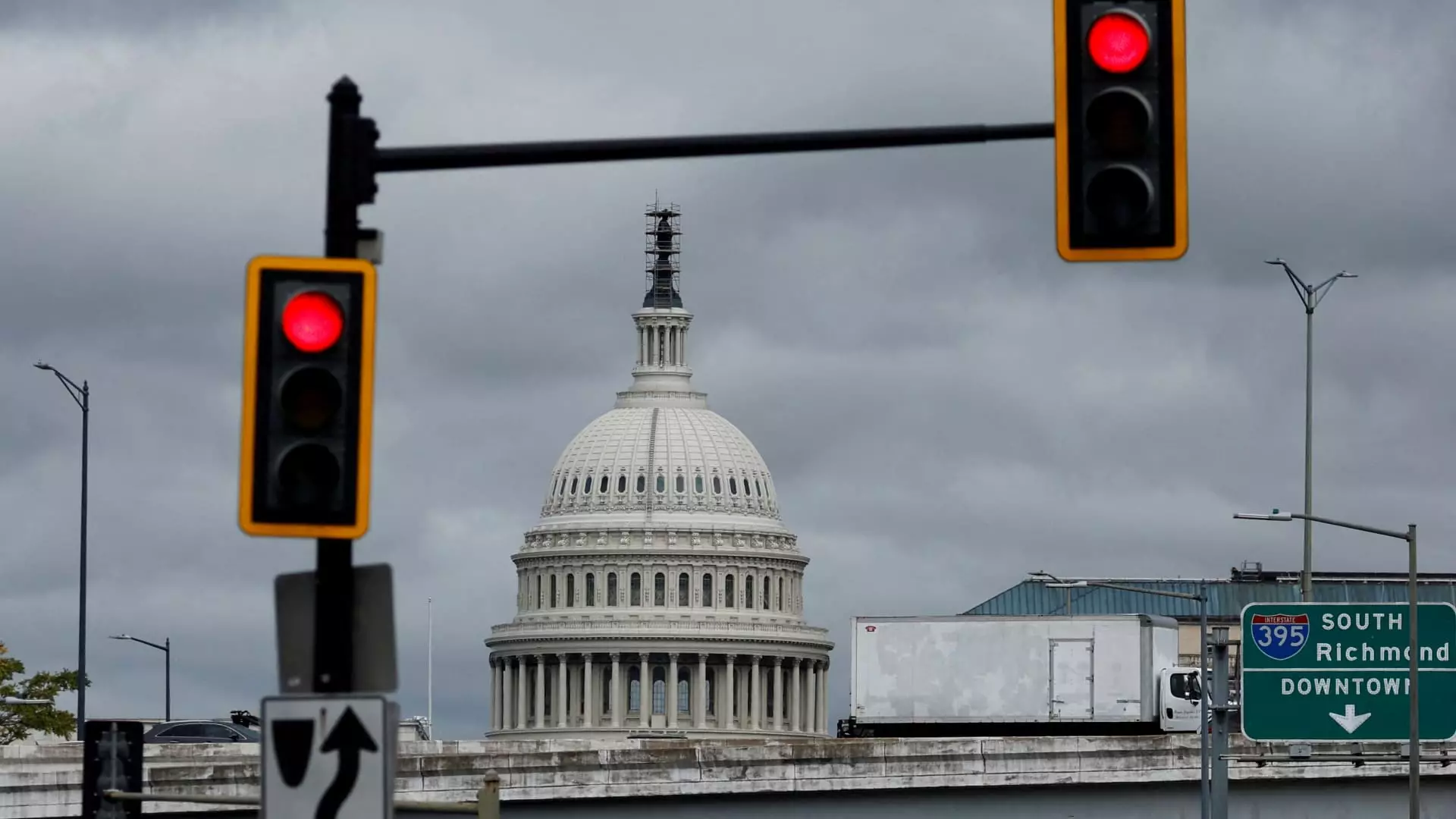As lawmakers return to Congress, the nation braces itself for a potential government shutdown. With less than 18 hours left on the clock, there is no clear path towards a resolution. The infighting among Republicans who control the House of Representatives has brought the United States to the brink of its fourth partial shutdown in a decade. The inability to pass legislation to keep the government open beyond the Oct. 1 start of the fiscal year has created a daunting challenge. While the Democratic-controlled Senate prepares to advance a stopgap funding bill, a final vote may be delayed for days. The consequences of inaction are grave, with hundreds of thousands of federal employees facing financial uncertainty if a spending bill is not signed into law by President Joe Biden before the deadline.
If the government shutdown occurs, numerous federal services will grind to a halt. National parks, financial regulation, scientific research, and nutrition aid to millions of impoverished mothers are just a few examples of services that would be impacted. Furthermore, even if employees would continue working during the shutdown, they would not receive payment. This disruption extends beyond government services as well, with former President Jimmy Carter’s birthday celebrations moved up to avoid potential disruptions caused by the shutdown.
This political turmoil closely follows the near-default on the nation’s debt earlier this year, where Congress risked pushing the country to the edge of financial disaster. In both instances, the nation’s creditworthiness and stability are being severely undermined. Moody’s ratings agency has already expressed concerns about the potential damage these crises can inflict on the U.S. creditworthiness. The recurring nature of these issues only exacerbates the worries on Wall Street.
One major factor that has contributed to the current crisis is the divide among Republicans in the House of Representatives. A group of Republicans, aiming to tighten immigration and further cut spending, has blocked action to pass a stopgap funding bill. They are pushing for spending levels below those agreed upon during the prior debt-ceiling standoff. On the other hand, 21 Republicans joined with Democrats to defeat legislation that leaned towards those demands. Instead, they emphasize passing comprehensive spending bills, even if it leads to a short-term shutdown. This division within the party has frustrated many Republicans who believe that the opportunity to advance conservative policies was missed.
House Speaker Kevin McCarthy has suggested that the chamber may rely on the support of Democrats to pass a stopgap bill continuing funding at current levels. However, this approach could potentially ignite a challenge to McCarthy’s leadership from the party’s hardliners. The Senate, meanwhile, plans to hold a procedural vote to extend government funding through Nov. 17. While the bill enjoys bipartisan support, the Senate’s procedural obstacles may delay a final vote until Tuesday. Even if the bill passes, both chambers will need to reconcile their differences before it reaches President Biden’s desk. Another hurdle arises from McCarthy’s opposition to $6 billion in Ukraine aid included in the Senate bill. Despite these challenges, both sides continue to seek a way out of the crisis.
As lawmakers grapple with the consequences of their actions, the nation anxiously watches the potential implosion of its government. The government shutdown, if it occurs, will have far-reaching effects on services, employees, and the economy as a whole. It is crucial for the political leaders to prioritize the well-being of the nation and find a swift solution to avert further damage. The future of the nation’s governance, stability, and creditworthiness remains uncertain until a resolution is reached.


Leave a Reply